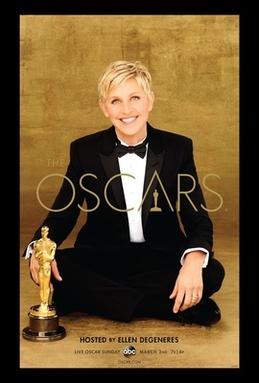
This week's top pick is a Norwegian drama called "King of Devil's Island". Set in the early 20th century, it tells the story of a rebellion in a boys prison called Bastøy. Ruled with an iron fist by its stern leader Bestyreren (Stellan Skarsgard), it's a brooding film that threatens to get under your skin.
The story begins with an allegory about a harpooned whale. According to the narrator, the whale had been hit by three harpoons but took a whole day to die. Spoken in a solemn manner, it quickly sets the tone of the film to come. As we meet our main characters and learn about their situation, this theme of dogged perseverance becomes immediately apparent.
Essentially, this is a story of young men being pushed to the limit. Our main protagonists are the brash, hot-tempered Erling (Benjamin Helstad) and the more reserved Olav (Trond Nilssen), who is on his way out after years of good behaviour. On first glance they seem like polar opposites, but they strike up an alliance that becomes the driving force behind the events of the film. When a fellow prisoner fatally succumbs to the pressures and injustices of the system, it spurs them to fight back and topple the regime.
Of course, one may think they know how this all plays out from there and in some ways you'd be right. Due to its nature as a "true story", the outcome isn't intended to be too much of a surprise. However, the fantastic storytelling in the interim is what makes this compelling film stand out from the rest.
As we've come to expect, serious dramas such as this are supposed to exhibit a director's flair. It's noticeable then, that director Marius Holst never truly asserts himself into this film. Due to the popular auteur theory, this could be seen as a slight, but in this scenario the lack of the director's stamp proves beneficial. This is decidedly a screenwriter's showcase and it's all the better for it. It's obvious that everything about the filmmaking is in service of the story it's trying to tell. The acting, cinematography and sound are therefore delivered without any overt "flair". Of course, it may mean that nothing is seared into memory, but this also makes it refreshingly unconventional.
Indeed, we've all seen "The Shawshank Redemption", "The Great Escape" etc. The prison break narrative is nothing to new. Most of those films build up to a cathartic payoff, but this one focuses more on the everyday experience of constant suffering. The thesis here suggests that the seemingly banal acts of cruelty can add up and multiply until you reach a breaking point. For these boys it's the frigid environment, the strenous labour and the overall lack of humanity(they're stripped of their names and referred to by a letter-number combination).
In one scene, Bestyreren advises one of the Housefathers to refrain from excessive cruelty, due to the Christian principles upon which Bastøy was founded. It succinctly sums up the main point of the film. As these masters failed to realize, the chronic discomfort can be more oppressive than acute pain. The fallout is inevitable then, depicted in an organic, suspenseful way that will keep you glued to the screen. The plot is so engaging that even the cynics can forgive its brief moments of blatant sentimentality.
Make no mistake, "King of Devil's Island" is a harrowing drama, but it's one that draws you in to its wintry, gloomy world. Its filmmaking style may feel conventional, but the script never rests on its laurels. It's obvious that the screenwriters are carrying most of the weight, working hard to sustain the intrigue. In my opinion, it paid off. This is a film that deserves your attention.













